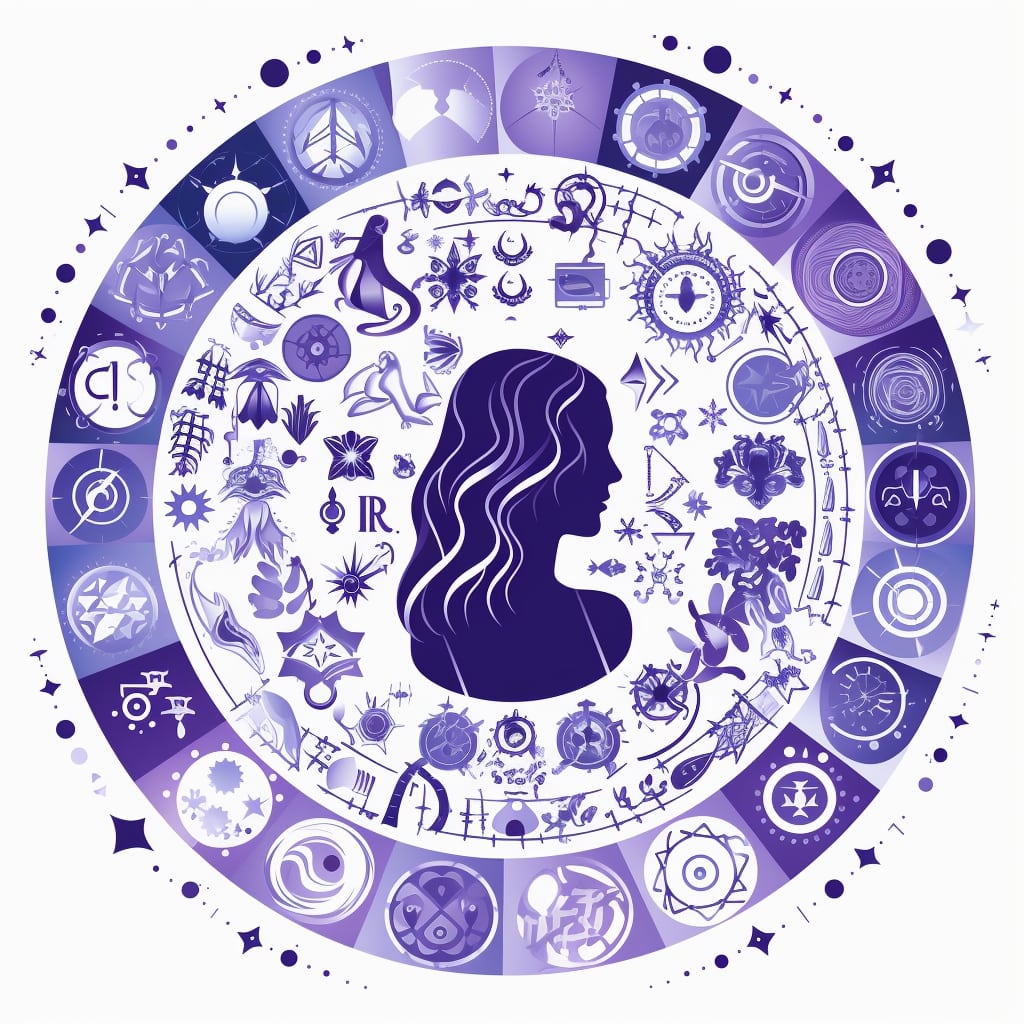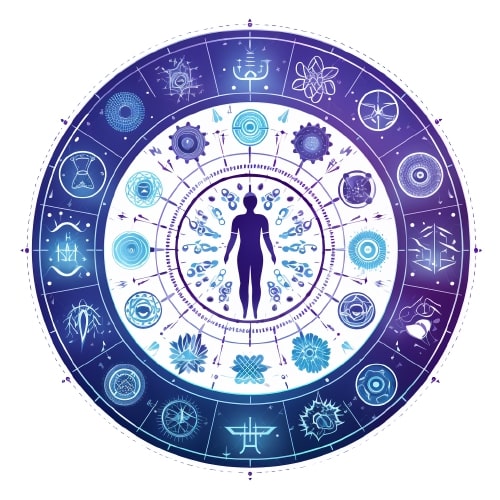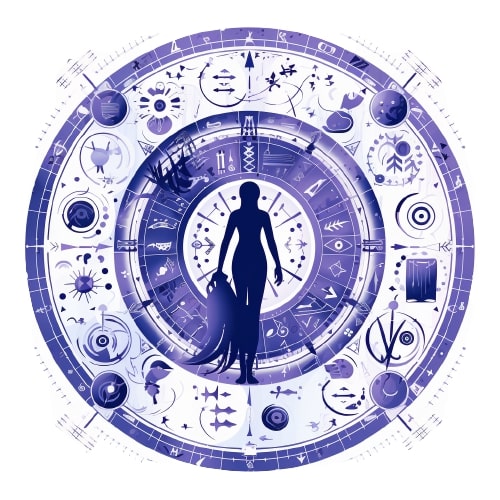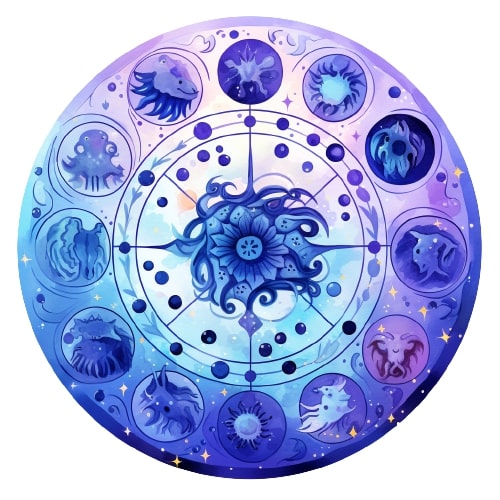
Cancer is a disease that can have a profound impact on individuals, not just physically, but emotionally as well. Facing cancer can bring about a range of hidden vulnerabilities and emotional challenges that can be difficult to navigate. Understanding and addressing these weaknesses is essential for individuals to navigate their cancer journey with greater resilience and find strength in the face of adversity.
In this article, we explore the emotional aspects of cancer and provide insights into the hidden vulnerabilities that individuals facing this disease may experience. We also provide tips for overcoming the weaknesses associated with cancer.
Key Takeaways
- Cancer can create hidden emotional vulnerabilities
- Understanding and addressing these vulnerabilities is essential for navigating the cancer journey
- There are strategies for coping with the emotional challenges associated with cancer
- Building a support network and practicing self-care are crucial in managing emotional well-being during this challenging time
- Embracing vulnerability and practicing self-compassion can help individuals find strength in the face of adversity
Understanding Cancer’s Emotional Impact
Cancer not only takes a physical toll on individuals, but it can also have a significant emotional impact. The psychological effects of cancer can manifest in various ways, including feelings of fear, sadness, anxiety, and uncertainty. Coping with these emotions is an essential part of the cancer journey.
The emotional impact of cancer can vary from person to person. Some individuals may feel overwhelmed by fear and anxiety, while others may experience a sense of sadness or loss. These emotions can be particularly challenging to manage, as they may arise at any point during treatment and recovery.
It is important to recognize that emotional challenges are a natural part of the cancer experience. Accepting these emotions and seeking support from family, friends, or a mental health professional can help individuals better manage them.
Research has shown that psychological distress is common among cancer patients, and it can affect their quality of life. These emotional challenges can also have a significant impact on the individual’s ability to cope with treatment and make informed decisions about their care.
It is crucial to address the emotional impact of cancer and take proactive steps to manage psychological distress. Seeking support, practicing self-care, and utilizing coping strategies can help individuals cope with the psychological effects of cancer and continue to move forward on their journey to recovery.
Coping with Uncertainty and Fear
Uncertainty and fear can be overwhelming emotions to deal with, especially during a cancer diagnosis. It is crucial to take care of your emotional well-being along with your physical health. Here are some strategies for coping with cancer fear and managing uncertainty:
- Seek support from trusted loved ones. Connect with people who can provide emotional support and comfort you during this challenging time.
- Join a support group. Talking with others who are going through a similar experience can help you feel less alone and more understood.
- Engage in stress-reducing activities. Try meditation, yoga, or deep breathing exercises to help calm your mind and body.
- Practice mindfulness. Focus on the present moment and observe your thoughts and emotions without judgment. This helps build resilience and reduces anxiety.
- Get enough rest. Sleep plays a crucial role in our emotional well-being, so prioritize restful sleep.
- Stay informed, but avoid overloading yourself with information. Seek reliable sources for information on your cancer diagnosis and treatment, but limit your exposure to news and social media that may add to your anxiety.
Remember, everyone copes with uncertainty and fear differently. Don’t be too hard on yourself, and be gentle and patient with yourself when going through these emotions. With time and support, you can learn to manage these emotions more effectively and find a sense of peace and calm along your cancer journey.
Navigating Relationships and Support Systems
Receiving a cancer diagnosis can be a daunting experience, not only for the individual but also for their loved ones. The cancer journey can impact relationships, and maintaining a healthy connection with loved ones while undergoing treatment is crucial.
It is essential to communicate effectively with those closest to you. Let them know how you feel and what kind of support you require. Open and honest communication can foster a deeper understanding between individuals, even in challenging times.
Building a support network is also vital. Your support system can comprise of family, friends, support groups, and healthcare professionals. Members of your support network can provide emotional support, practical assistance, and a listening ear when you need it.
Remember that support can come in different forms. Some individuals find solace in spiritual beliefs and practices, while others may seek comfort through creative or physical pursuits. It is essential to explore various forms of support and find what works best for you.
Cancer and Relationships
Cancer can bring about significant changes in relationships, ranging from strengthened bonds to strained connections. It is normal to experience changes in how individuals relate to one another because of cancer.
At times, cancer can be a catalyst for growth in relationships, bringing individuals closer together and fostering a deeper understanding of one another. Strong relationships can provide a source of strength and comfort during challenging times.
On the other hand, individuals may experience challenges in their relationships brought on by cancer, including feelings of guilt, resentment, or neglect. Misunderstandings and miscommunication can occur, leading to a breakdown in relationships.
It is essential to address any issues that arise in relationships openly, honestly, and respectfully. This can help individuals navigate their relationships through the challenges of cancer and build a stronger foundation for the future.
Building Support Networks
Building a support network is a vital part of navigating the cancer journey. A support network can provide emotional support, practical assistance, and a listening ear when you need it most.
Support networks can be built through various means, including family and friends, support groups, and healthcare professionals. It is crucial to find a support network that works for you and provides the support you need throughout your cancer journey.
Support groups can be particularly beneficial, allowing individuals to connect with others facing similar experiences. In support groups, individuals can share their experiences, struggles, and successes, providing a sense of community and understanding.
Remember that building a support network is not a one-time event. It is an ongoing process that requires effort and regular communication. Ensure that you have a support network in place that will be there for you throughout your cancer journey.
Overcoming the Stigma of Cancer
Despite significant advancements in cancer research, the disease continues to carry a heavy societal stigma. The judgment and misconceptions surrounding cancer can be challenging for individuals living with the disease and can impact their emotional wellbeing.
It’s essential to understand that cancer is not a reflection of personal choices or behaviors, and overcoming societal judgments is crucial for mental health. One way to combat this stigma is to educate others about the realities of cancer and to celebrate survivors’ strength and resilience.
Building a support network of family and friends who offer non-judgmental support can be immensely helpful. It’s also crucial to recognize that cancer can impact everyone differently, and there is no “right” way to feel or respond to a diagnosis.
Self-acceptance and self-compassion are essential during this challenging time. Embracing vulnerability and finding empowerment through self-care practices and seeking professional counseling can provide tools for managing the emotional burden of cancer.
“I believe that surviving cancer is partly a matter of willpower… and partly luck. It’s also why I never buy green bananas. I don’t plan ahead.” – Nora Ephron
Managing Emotional Side Effects of Treatment
Cancer treatments can take a toll on an individual’s emotional well-being. Coping with emotional side effects is just as important as managing physical symptoms. Here are some coping strategies that can help:
- Communicate with your healthcare team: Talk to your healthcare team about any emotional side effects you are experiencing. They can provide guidance and support and may recommend therapy or medication.
- Practice self-care: Engage in activities that bring you joy and relaxation. This can include meditation, yoga, reading, or spending time in nature.
- Connect with others: Join a support group or connect with others who are going through a similar experience. Sharing your thoughts and feelings can help you feel less alone and provide a sense of community.
- Consider therapy: Therapy can be helpful in addressing emotional challenges associated with cancer treatment. A therapist can provide coping strategies, support, and guidance.
- Take care of your physical health: Physical health and emotional health are closely linked. Eating a healthy diet, getting enough sleep, and exercising regularly can improve emotional well-being.
Remember, it’s important to be patient with yourself during this time. Coping with emotional side effects of cancer treatment can be challenging, but with the right support and strategies, it is possible to manage these emotions and find a sense of well-being.
Finding Meaning and Purpose in the Cancer Journey
Cancer can be a traumatic and life-changing experience for individuals and their loved ones. However, the journey can also prompt individuals to reflect on their lives, their values, and their sense of purpose. By doing so, they can discover new sources of fulfillment and find meaning within the cancer journey.
One way to find meaning during treatment is to explore creative outlets such as writing, painting, or music. These activities can provide a sense of control and serve as a form of self-expression, allowing individuals to process their emotions.
Additionally, connecting with others who have experienced cancer can be empowering and provide a sense of community. Support groups and online forums can provide a safe space for sharing stories, discussing challenges, and finding inspiration.
Defining Priorities
During the cancer journey, priorities may shift and change. Individuals may find that certain things they once thought were important no longer hold the same significance, while others take on greater importance. For instance, spending more time with loved ones, cultivating stronger relationships, or taking care of one’s mental and physical health may become more significant.
Defining priorities can help individuals to focus their emotional energy and direct their efforts towards what is truly important to them.
Finding Purpose in Service
Many individuals find purpose in service to others. For some, this entails volunteering at a local organization or starting a fundraiser for cancer research. For others, it may involve mentoring others who are going through similar experiences or advocating for policy changes that impact the cancer community.
When individuals are able to find purpose through service, they can utilize their experience to create positive change in their communities, and in turn, empower themselves and others.
Ultimately, finding meaning and purpose in the cancer journey is a deeply personal and unique process. By taking time to reflect, defining priorities, and finding ways to serve others, individuals can create a sense of fulfillment and purpose during this challenging time.
Embracing Vulnerability and Self-Compassion
Cancer can be a challenging and emotionally draining experience, and it is common to feel vulnerable and overwhelmed at times. However, embracing vulnerability can actually be a source of strength and resilience during this difficult time. By acknowledging and accepting our emotions and limitations, we can develop a deeper understanding of ourselves and approach our cancer journey with greater self-compassion.
Practicing self-compassion involves treating ourselves with the same kindness and understanding that we would offer to a close friend. This might include gentle self-talk, prioritizing self-care, and engaging in activities that bring us comfort and joy. By cultivating self-compassion, we can reduce our stress levels, boost our emotional well-being, and build a stronger sense of self.
One helpful technique for practicing self-compassion is to visualize a nurturing and supportive figure, such as a parent, friend, or spiritual guide. Imagine this figure offering words of encouragement and support, and allow yourself to receive their kindness and compassion. You might also try writing a letter to yourself, expressing kindness, understanding, and support for the challenges you are facing.
Remember, vulnerability is a natural part of the cancer experience, and it is okay to feel overwhelmed or uncertain at times. By embracing these emotions and practicing self-compassion, we can navigate our cancer journey with greater resilience and self-awareness.
Conclusion
Cancer is a challenging journey, both physically and emotionally. It can bring about a range of emotions, including fear, uncertainty, sadness, and vulnerability. However, by understanding and addressing these emotional challenges, individuals can navigate their cancer journey with greater resilience.
One of the most important things individuals can do is seek support. This can come in many forms, such as talking to loved ones, joining a support group, or seeking professional help. Building a support network can provide a sense of belonging and help individuals feel less isolated during their cancer journey.
Additionally, practicing self-care is crucial. This includes engaging in stress-reducing activities, taking time for oneself, and practicing self-compassion. Embracing vulnerability and allowing oneself to feel and express emotions can also be helpful.
Final Thoughts
Ultimately, cancer is a journey that requires resilience, strength, and emotional fortitude. By understanding the emotional impact of cancer, individuals can take steps to address their vulnerabilities and find meaning and purpose in their experience. Remember, seeking support, practicing self-care, and embracing vulnerability are crucial steps towards emotional well-being during this challenging time.
FAQ
Q: What emotional challenges can individuals facing cancer expect?
A: Individuals facing cancer may experience a range of emotions, including fear, sadness, anxiety, and uncertainty.
Q: How can I cope with the uncertainty and fear associated with cancer?
A: Coping with uncertainty and fear can be challenging, but seeking support from loved ones, engaging in stress-reducing activities, and utilizing mindfulness techniques can help.
Q: How does cancer impact relationships and support systems?
A: Cancer can often impact relationships and support systems. It may require open communication, understanding, and building a support network to navigate these challenges.
Q: What can I do to overcome the stigma associated with cancer?
A: Overcoming the stigma of cancer involves building resilience, finding empowerment through self-acceptance, and surrounding yourself with supportive communities.
Q: What are some common emotional side effects of cancer treatment?
A: Cancer treatments can commonly cause emotional side effects like fatigue, mood swings, and depression. It’s important to manage these side effects and seek support when needed.
Q: How can I find meaning and purpose in my cancer journey?
A: Finding meaning and purpose in your cancer journey can involve reflecting on your life, redefining priorities, and discovering new sources of fulfillment that align with your values.
Q: Why is embracing vulnerability and practicing self-compassion important during cancer?
A: Cancer can make individuals feel vulnerable, and practicing self-compassion can help in dealing with the emotional challenges. It’s important to be gentle with yourself and practice self-care.

































































